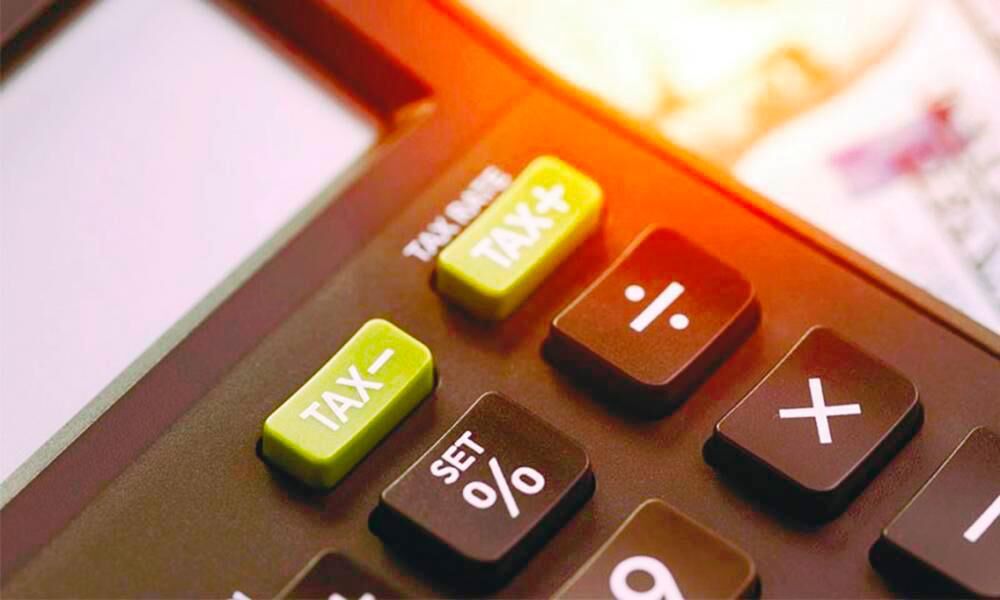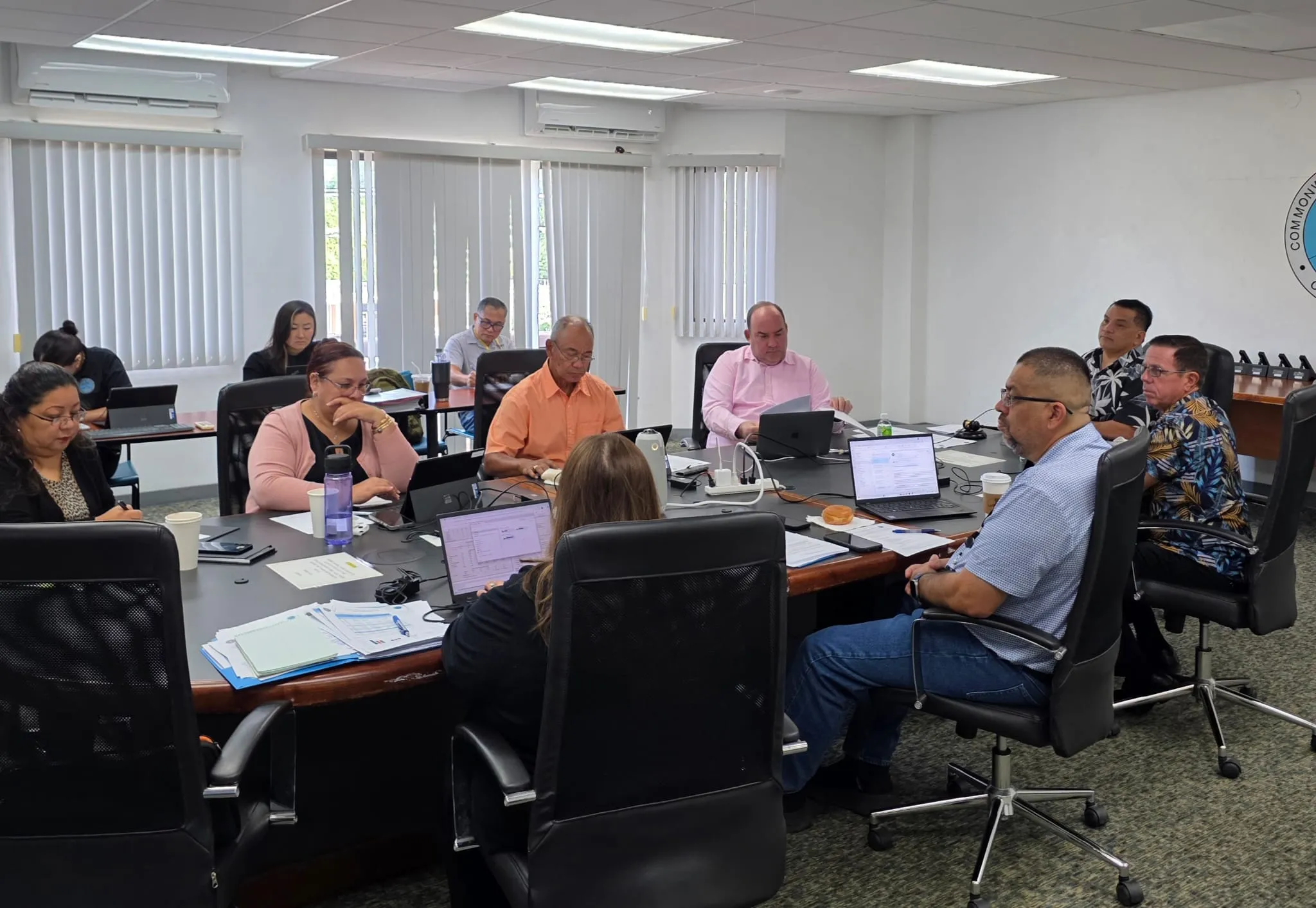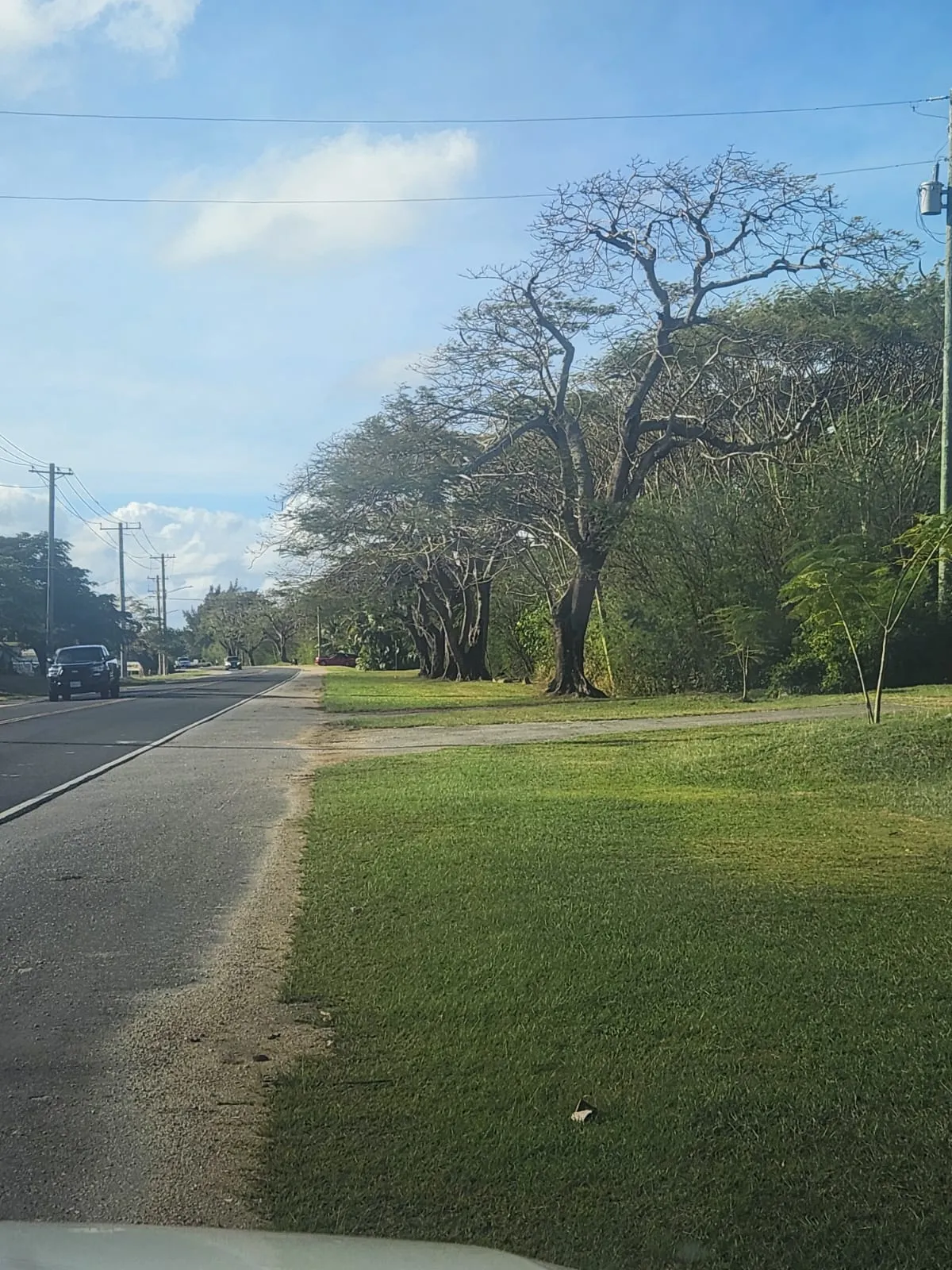
KOROR (Island Times/Pacnews) — More than two years after the Palau Goods and Services Tax or PGST took effect, citizens across different sectors are offering mixed reactions, revealing a growing divide between small business owners and retirees over who shoulders the real burden.
A young female entrepreneur who has operated a sunscreen business for over four years said the 10% import tax has had little effect on her operations
“When it comes to clearing my orders, I only pay a 10% tax on what I import. It hasn’t negatively affected my business at all — honestly, it’s not a big problem,” she said, describing the tax system as manageable for her line of work.
Another entrepreneur, who launched his business just a few months ago, echoed similar sentiments about the ease of imports, though he acknowledged that navigating the initial licensing process was more challenging. “I pay only 10% tax on my orders, and so far it’s been a relatively hassle-free experience,” he said.
However, he pointed out a disparity in the system that he believes shifts the tax burden disproportionately onto consumers. “If a business orders an item for $10, they pay just $1 in tax. But when that same item is sold for $100, it’s the consumer paying the higher tax at checkout,” he said. “The real issue isn’t businesses paying taxes. It’s that the end consumer ends up paying for it — twice.”
He also noted that resellers often face higher taxes than those who import directly from manufacturers, revealing a layer of complexity within the PGST structure.
This sentiment reflects findings from global economic studies suggesting that businesses — especially larger ones — often pass tax costs onto consumers through higher retail prices. The result: consumers pay indirectly through inflated prices and directly through consumption taxes at the point of sale.
For retired citizens, these rising prices have become a source of frustration and anxiety. Several men in their 60s shared concerns about escalating living costs and stagnant incomes.
“Things have gotten really expensive. The price of local food has skyrocketed, and a lot of it is due to higher taxes,” said one retiree in his late 60s. “Our pensions haven’t increased for the past eight years, but the prices just keep going up.”
Another retiree in his mid-60s expressed concern over being taxed on basic needs. “People like us, retired pensioners, should not be taxed on food and water. One of my biggest struggles is the rising tax on water. It’s very hard to manage.”
The group expressed skepticism about how PGST revenues are used. “Many of us hoped paying more in taxes would mean better services,” said one. “But that’s just a dream. We don’t see the benefits we were promised.”
Another elder added, “Paying a 10% tax isn’t the problem — it’s how the money is spent. We don’t believe it’s going to the right places. Meanwhile, we can’t keep up with the cost of living.”
One well-known community figure pointed to the increased tax on tourism-related expenses, including hotel stays, which rose from 12% to 22%. He recalled visiting athletes recently expressing surprise at paying us $2 for a coconut. “To them, that was outrageous. But that’s what things cost now,” he said.
As costs rise and frustrations mount, both entrepreneurs and retirees agree on one point: the tax system may not be inherently flawed, but its implementation and outcomes warrant closer scrutiny. For many in Palau, particularly those on fixed incomes, the PGST has become less about numbers and more about survival.











